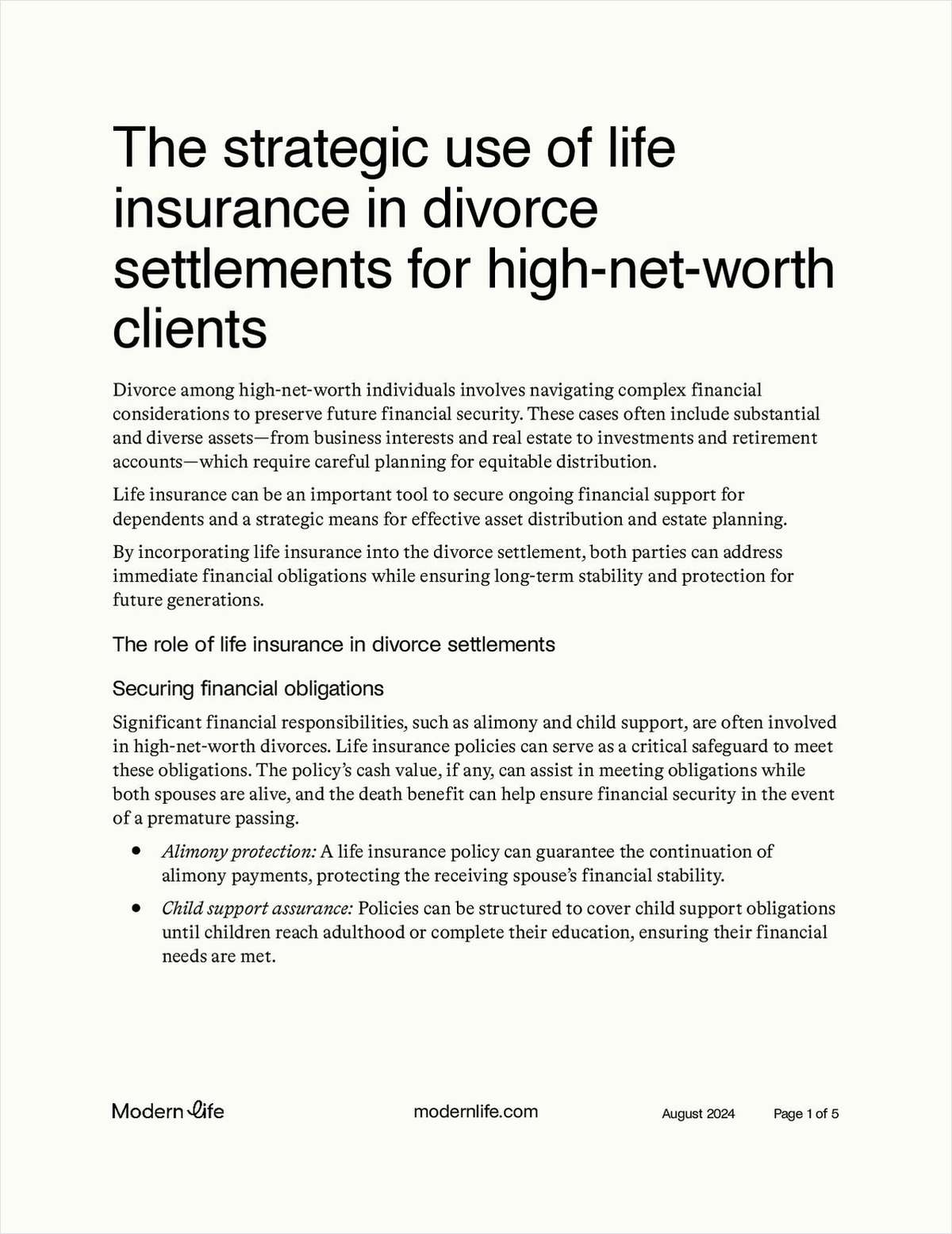Yes, he does have brightly painted totem poles as part of his office decor. But you may as well toss out all your other expectations about Native American investment advisor Dean Parisian right now. If you're expecting a calm, mystical presence with a penchant for incense, a reticent, self-effacing soul from whose office wafts the soothing sounds of waterfalls and wind chimes, you'd best look elsewhere. With one eye on the ticker symbols whizzing along the bottom of his TV screen, one eye on his laptop, and a phone jammed up against one ear, Parisian is talking, typing, and debating answering a second phone, which is also ringing. (So much for tranquility.) The "music" in his office is the hectic blare of a CNBC broadcast (so much for those wind chimes), and Parisian hasn't stopped talking–perhaps "orating" is a better word–for 45 minutes (so much for reticence). He claims he was born in Minnesota, but his emphatic, table-pounding demeanor has all the ten-gallon-hat-sized bluster you'd expect from a born and bred Texan.
Parisian, 48, founder and head of investment management firm Chippewa Partners in Alpharetta, Georgia, is anything but shy about sharing his opinions–or his accomplishments, for that matter–and he comes off rather like a person who tends to "hold court" rather than hold a conversation. But just when you've decided he's not your type, a few things may make you reconsider.
For one thing, he seems hell-bent on helping his fellow Native Americans. He established a mutual fund to enable Native Americans invest their money as a group under the direction of Native Americans. He's crisscrossed the country in an effort to teach tribes about finance, trying to coax them out of overly conservative choices and into well-diversified portfolios managed on a fee basis; when he manages money for Native American entities, he gifts 10% of his management fee back to the tribe for college scholarships. He's forming a business network for Native Americans in Georgia, and hopes to expand it to adjoining states. And he's set up his own scholarship for Native American students at his alma mater, University of Minnesota-Morris; he calls it "sending the elevator back down" to bring the next generation of students up out of the poverty of Indian reservations.
He's also a dedicated family man. He says his greatest pleasure is spending time with his wife and two sons, ages 10 and 6, and he reminisces with real affection about living with his grandparents during his college years–not something your average frat boy would be real keen on.
But what's also impressive about Parisian is the fact that he's even here, in charge of a lucrative investment management firm which he runs from a home office in a well-to-do Atlanta neighborhood, bearing a resume listing stints at Kidder, Peabody, Drexel Burnham Lambert, Thomson McKinnon, and First Union, plus occasional sojourns as an arbitrator for the New York Stock Exchange and the NASD.
What makes that impressive? Parisian, a member of the White Earth Chippewa band of northern Minnesota, grew up on remote, rural Indian reservations, moving from one to another as his father's job in law enforcement for the Bureau of Indian Affairs demanded. As a child and a teenager, he was surrounded by the alcoholism, poverty, homelessness, and drug addiction that were rampant on the reservations. He spent his high school years on the Sioux Pine Ridge Reservation of South Dakota, which he describes as having "about 95% unemployment, 95% alcoholism, and suicide rates through the roof." Sadly, he's hardly exaggerating. Today, for instance, 90% of the reservation's population is unemployed, the life expectancy of a Sioux Indian is 48 years (compared to the average American's 75+ years), and more than 60% of the babies born on the reservation are born with fetal alcohol syndrome, according to the American Indian Relief Council, based in Rapid City, South Dakota. Growing up in a region where three-quarters of students drop out of high school, it's impressive that Parisian even graduated from high school, let alone finished college. And coming from a family in which not a single member had ever owned stock, Parisian's investment career suddenly takes on a new significance. He credits his "very loving and caring" parents for his success. "Without [their support], I might not have made it off the reservations at all," he says.
From Broncos to Balance Sheets
Not that he always planned on being Mr. Finance; as a youth, Parisian intended to become a professional bronco rider when he grew up, flying from town to town in a two-seater airplane and performing on the regional rodeo circuit. Since the University of Minnesota didn't have a rodeo major, however, Parisian had to settle for economics and education. After college, he gave law school a try for about a month, before deciding he "wasn't cut out to be some toady in a law office," he says. The father of a law school buddy happened to be the Piper in Piper Jaffray, and Parisian decided to "seek my fame and fortune" in the securities business instead.
After working in investing at Piper Jaffray and the other aforementioned firms for more than a decade, Parisian founded Chippewa Partners in 1995. The goal of the one-man firm was to provide investment management to Native American tribes and individuals.
It was an admirable goal, and you'd think there'd be nothing easier than to convince Native American tribes to hire a Native American to manage their money. But it has been a royal challenge.
The biggest obstacle is the tribes' ingrained cautiousness, which perhaps isn't surprising, given the number of times they have been taken advantage of in one way or another by just about everyone over the years. But many tribes are so shackled by the fear of losing any money, even short-term, that they're blinded to the potential of higher returns over the long term.
To tribe after tribe, Parisian has explained the benefits of investing for the long haul, educating them about diversification and pointing out the hidden fees and commissions charged by many firms. He has an eloquent letter illustrating how eight Sioux tribes, who received $105.9 million in 1980 for the value of the land taken from them by the U.S. government, could today have $2.3 billion had they invested in a diversified portfolio of equities, rather than the $500 million they currently have after investing it in U.S. Treasury bonds.
Yet the message doesn't seem to get through. Only a few tribes have asked to sign on the dotted line with his firm and its proffered diversified investment management; most tribes demur, and continue making ultra-conservative investment choices. Parisian can hardly contain his frustration. "Over 60% of the millions of dollars in my tribe's 401(k) plan is in money market funds!" he exclaims, his voice rising. "How sad is that?! The fiduciaries of my tribe should be jailed for that. And yet they won't hire me" to invest their money in a diversified manner. And the unnecessary fees his tribe is paying to an insurance company just make him madder. "I could have saved them thousands of dollars over the years in fees," he says. "It just galls me to think about."



